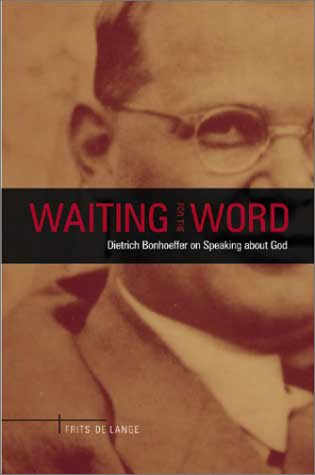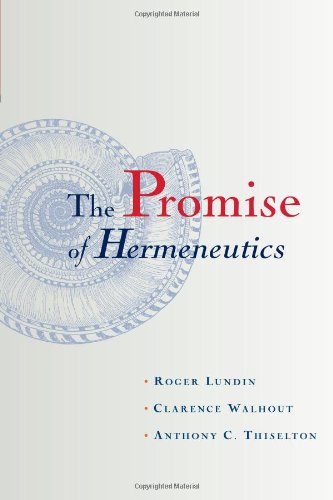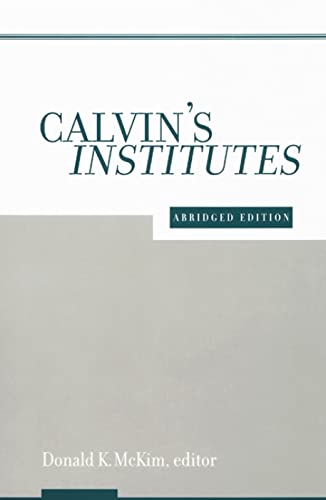Waiting for the Word: Dietrich Bonhoeffer on Speaking About God
Written by Frits de Lange, translated by Martin N Walton Reviewed By Timothy BradshawFrits de Lange is professor of ethics in Kampen, and this is a translation of his 1995 Dutch original. It is fascinating reading and a vital contribution to our developing understanding of Dietrich Bonhoeffer’s theology. One can say very honestly and deliberately of this book that it will profit theological teachers and pastors and be accessible to theological students, such is its clarity and unpretentious style.
‘Waiting for the Word’ sums up the contents of the book. We already knew of Bonhoeffer’s Lutheran and Barthian inheritance, his critical revisions of these legacies, and his final probing letters about the nature of the faith in the secular world. Perhaps the new item which De Lange so helpfully introduces to help interpret Bonhoeffer is the home background in which grew up. The Bonhoeffer tradition of table talk was one of deep precision, the very opposite of thoughtless chatter, words were taken seriously and not uttered carelessly. De Lange points this out and suggests that the profound respect in Bonhoeffer’s theology for the Word, and the need to wait patiently for it, has some roots in the family mode of discourse.
The Word is actuated in the preached words and in the church community itself. The word should not be dominated by the idea, as if the mere utterance of a prior timeless truth in neo platonic fashion. The Word addresses us concretely, It is unique and new, seeking community by way of free response. Because God speaks in human language, we can speak humanly of God. We are reminded of current theological stress on the non-dominating character of God, prefigured by Bonhoeffer and often in much convincing, less dilettante aesthetic fashion. The concrete reality of the Word is described in the chapter entitled ‘a red apple, a glass of cool water’—similes of the actual presence and relevance of the Word to our need. De Lange takes us through Bonhoeffer’s ethics and pastoral theology, showing the seriousness of humble, but not paralysed and passive, waiting on the Word.
The final chapter unfolds the famous discussion about religionless Christianity and what Bonhoeffer meant by the phrase in his letters and papers in prison under the Nazis prior to his death. The importance of context for meaning to be heard is stressed, the new thoroughgoing secular mindset Bonhoeffer perceived around him. Religion as way of clericalising and narrowing the actualising of the Word in the world seems to be the target of Bonhoeffer’s ponderings, reinforced by his grave disappointment in the church and her faithfulness to the Word.
De Lange opens up many key questions of faith and life in his profound study. The practical orientation of the book sharply demonstrates itself in a final challenge. De Lange closes with these words: ‘The Word of God is most clearly understood not in a sacral space of the church but in the church’s worldly obedience to its Lord. In that way, according to Bonhoeffer, the church is Christus praesens. Christ present in the world. Will the church in the coming century live up to this word of Bonhoeffer or betray it? It is up to the church to answer.’
Timothy Bradshaw
Regents Park College, Oxford






